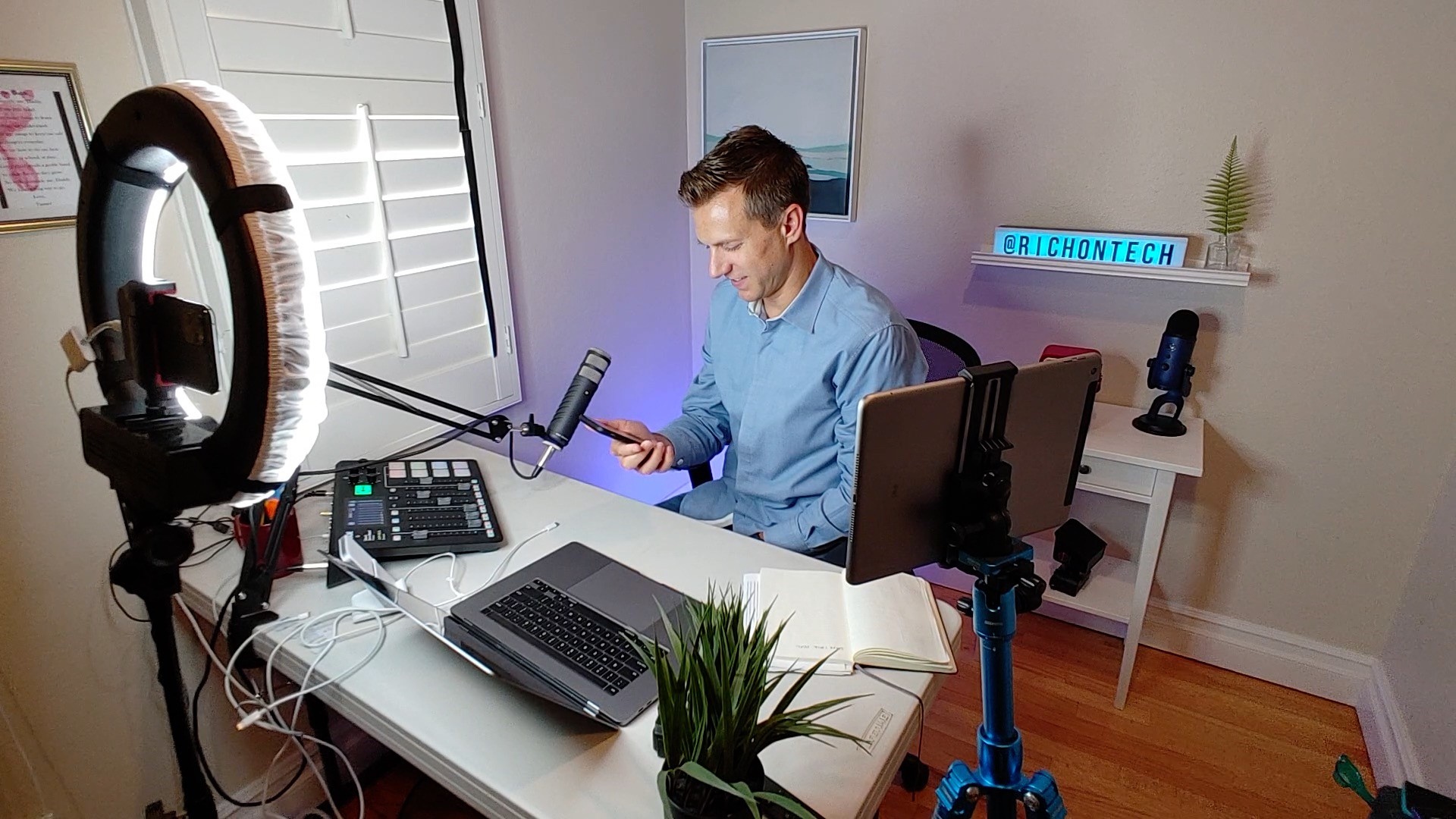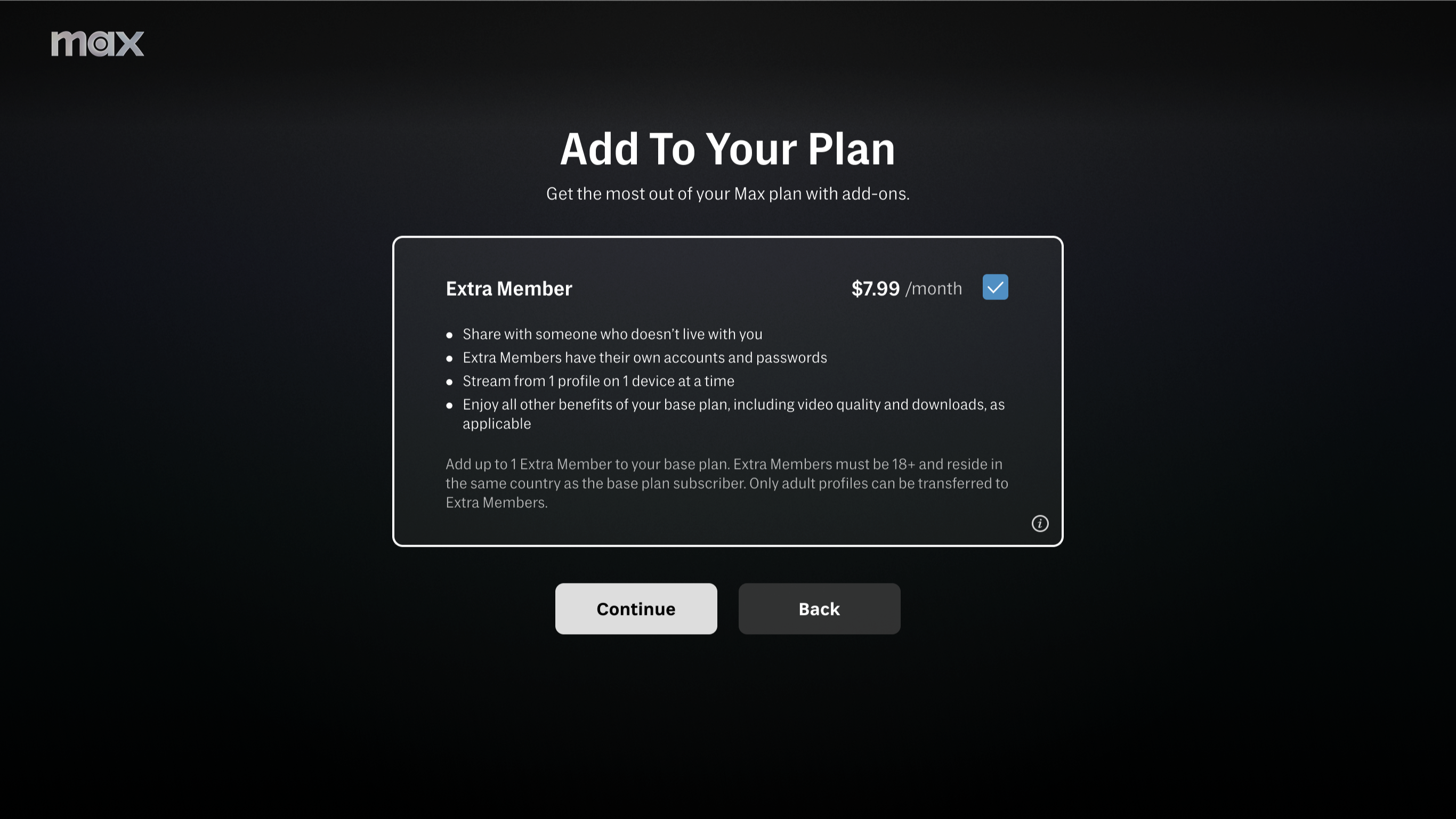Remote Workflows: A Lasting Effect or a Passing Fad?
What will things look like once the pandemic is over?

Play along with me for one moment. The pandemic is over. Lockdowns, social distancing, hand-sanitizing stations and masks are in the rearview mirror.
The question facing TV management now is whether to continue their remote workflows or to return to what was normal prior to the outbreak. Should reporters, news producers and editors once more huddle around each other in the newsroom and collaborate on stories? Or, should they continue to work remotely? Ditto for master control and traffic, the engineering department and the business office.
Working in favor of the lasting-effect side of the argument is the ongoing rethink of long-held beliefs at stations prompted by the disease. For example, news management now takes the cloud and virtualized workflows seriously whereas in the past these were considered “out-there-on-the-horizon” and largely mentally tabled for future consideration.
It’s conceivable that NRCS systems and all of their features can and will be virtualized and run in the cloud giving reporters and others working at home or in the field access to the same tools they have on their station workstations. It’s also possible to imagine production control room functions transitioning as virtual equivalents in the cloud. The same can be said for the weather forecasting and graphics tools station meteorologists rely upon.
All of these alternatives to in-person workflows have the potential to benefit stations in one way or another—whether it’s greater efficiency, lower costs and in the case of news, higher story counts.
On the other side of the argument, it’s not hard to see why people will want to return to the in-person normal they’ve experienced their whole working lives—except for the past year. That’s especially true in news where collaborating closely with colleagues on stories was once a given. Much the same could be said for most other station departments.
It’s hard to predict which way things will break when COVID-19 is finally a memory. Perhaps what’s most likely is a mix—one in which managers look to blend the best aspects of both.
Get the TV Tech Newsletter
The professional video industry's #1 source for news, trends and product and tech information. Sign up below.
Phil Kurz is a contributing editor to TV Tech. He has written about TV and video technology for more than 30 years and served as editor of three leading industry magazines. He earned a Bachelor of Journalism and a Master’s Degree in Journalism from the University of Missouri-Columbia School of Journalism.

